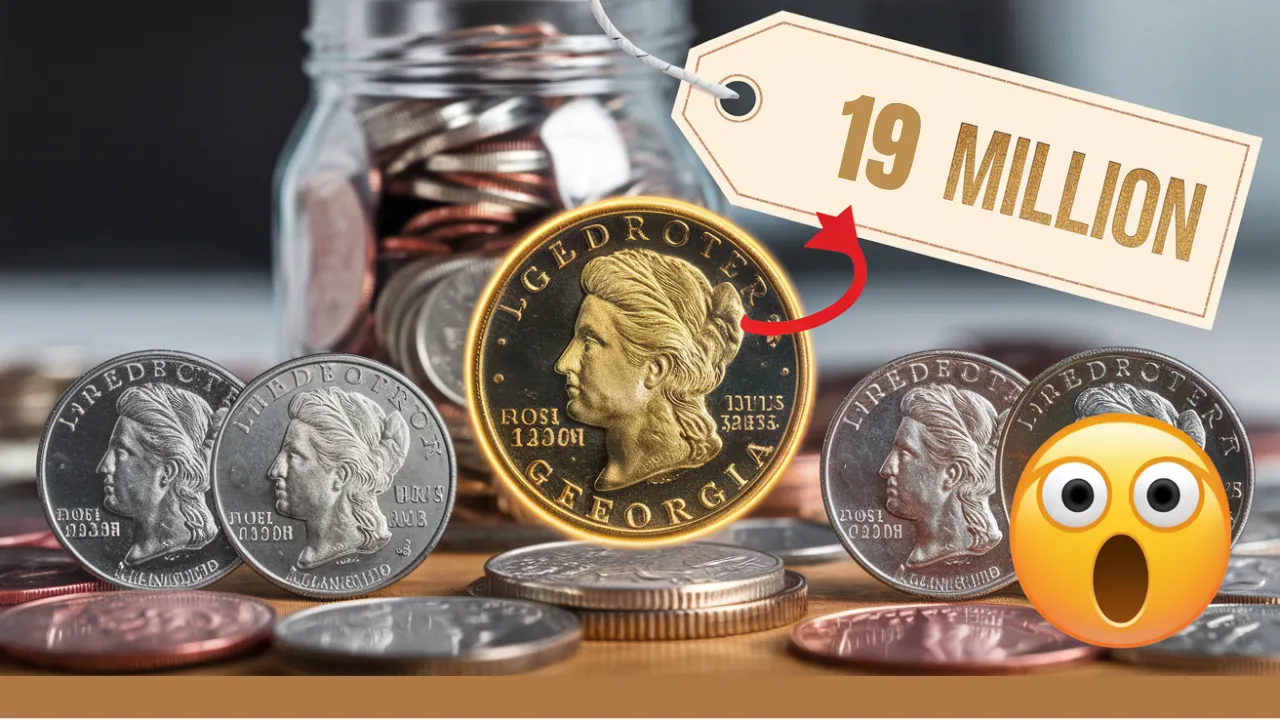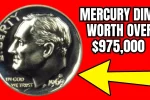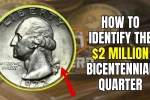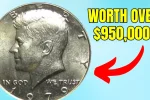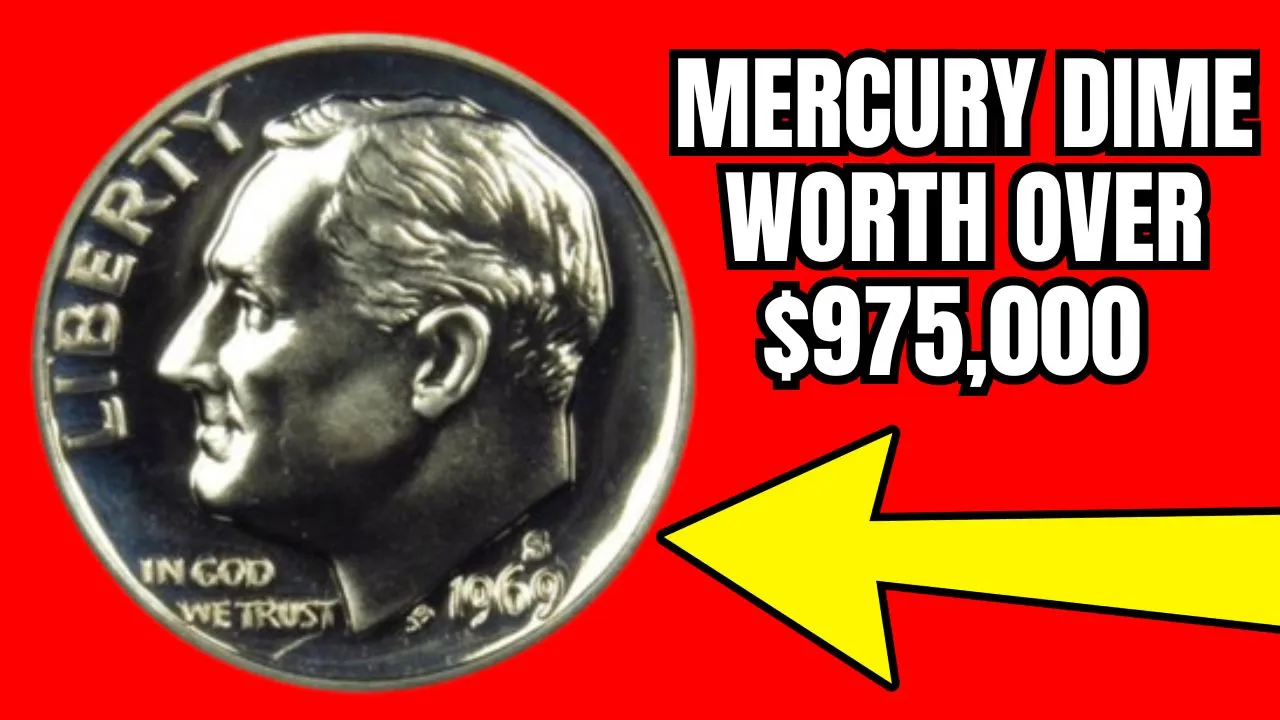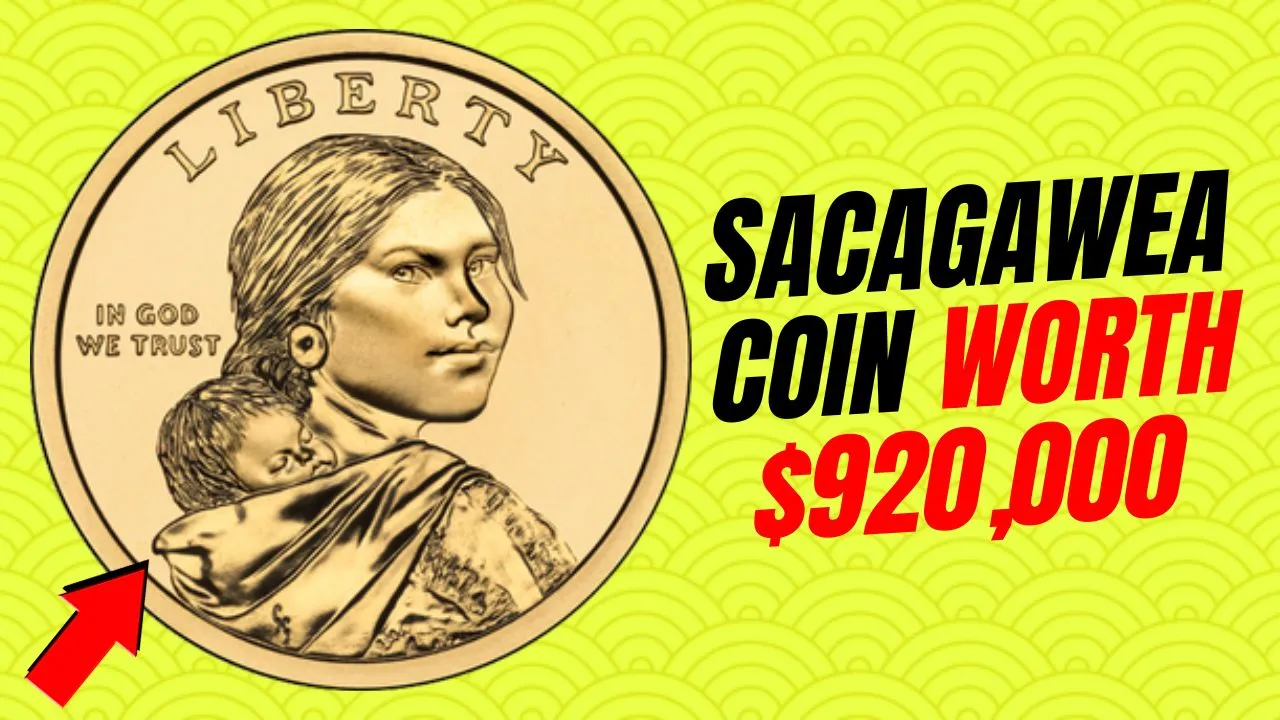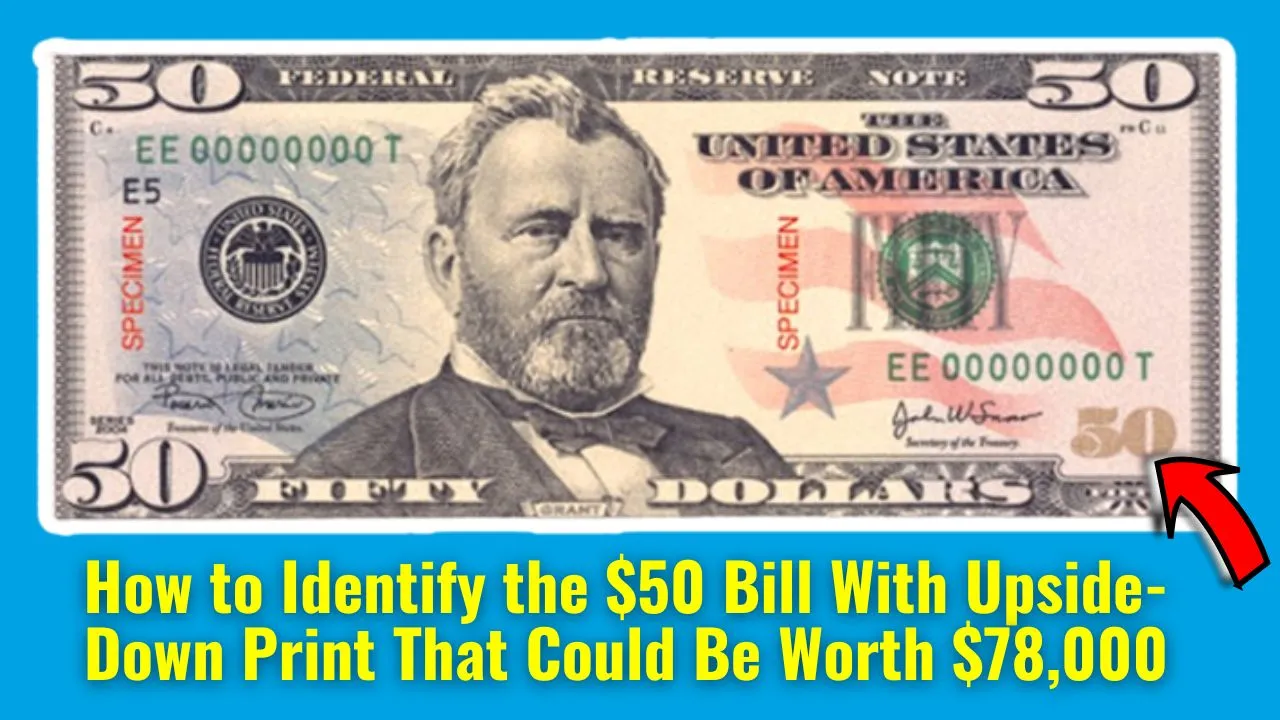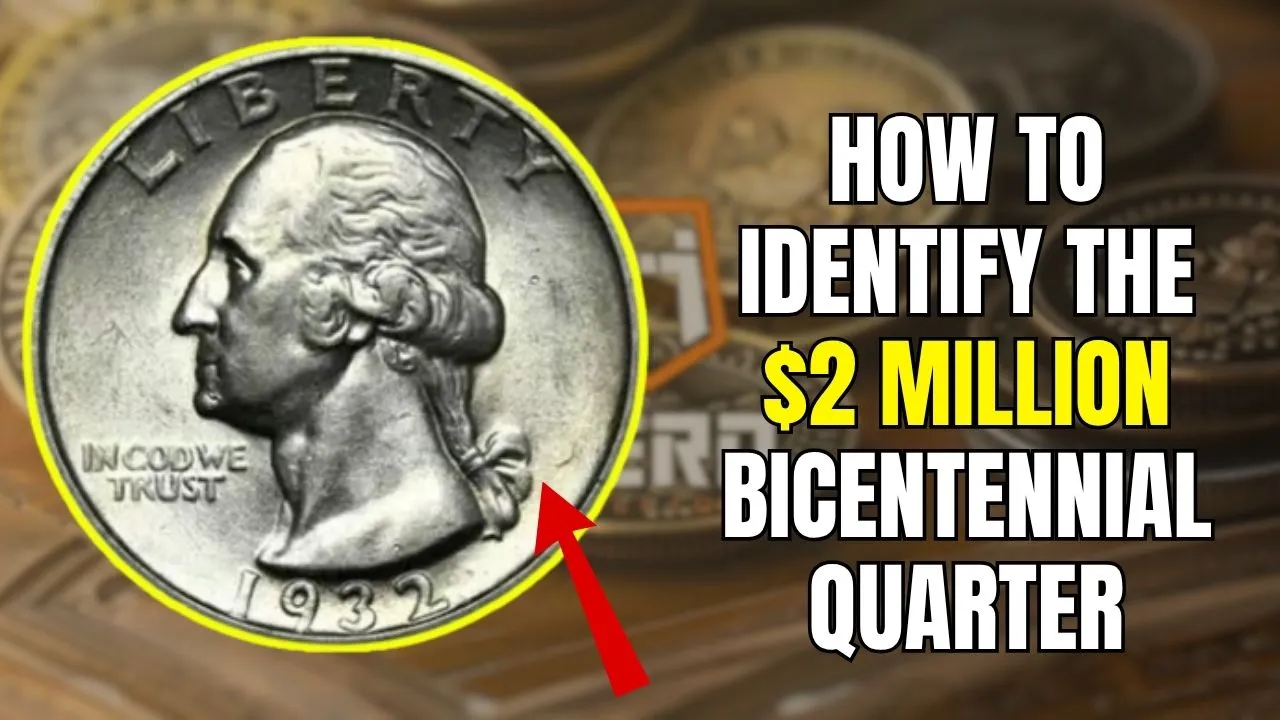Mercury Dime Value: The Mercury Dime value continues to astonish collectors and investors, with some coins fetching astronomical prices at auctions. This dime, minted between 1916 and 1945, is not just a piece of currency but a symbol of American history and artistry. Its exquisite design, rarity, and historical significance make it one of the most coveted coins in numismatics. Could your Mercury Dime be a hidden treasure worth millions?
In this article, we’ll explore the fascinating story of the Mercury Dime, the factors influencing its value, and the specific coins that have reached jaw-dropping prices. From understanding its history to spotting the rarest examples, this guide will help you uncover the true worth of this timeless collectible.
Overview Table: Quick Facts About Mercury Dime
| Feature | Details |
| Minting Years | 1916–1945 |
| Designer | Adolph A. Weinman |
| Key Features | Lady Liberty (obverse) and Fasces with Olive Branch (reverse) |
| Key Dates | 1916-D, 1921, 1931-S |
| Mint Locations | Philadelphia (no mintmark), Denver (D), San Francisco (S) |
| Metal Composition | 90% silver, 10% copper |
The History of the Mercury Dime
The Mercury Dime was introduced during a transformative era in U.S. history, replacing the Barber Dime, which had been criticized for its outdated design. The coin was created by Adolph A. Weinman, a celebrated sculptor who aimed to capture the ideals of liberty and freedom.
- Obverse Design: The front of the coin features Lady Liberty wearing a winged cap, symbolizing freedom of thought. Mistaken for the Roman god Mercury, this image gave the coin its popular nickname.
- Reverse Design: The back showcases a fasces (a bundle of rods tied with an axe), symbolizing strength through unity, alongside an olive branch representing peace.
Minted through pivotal moments such as World War I and the Great Depression, the Mercury Dime holds historical and artistic significance, making it an enduring favorite among collectors.
Why Some Mercury Dimes Are Worth Millions
Not all Mercury Dimes are created equal. The value of a Mercury Dime depends on a combination of rarity, condition, and historical appeal. Here are the top factors that influence their worth:
1. Key Dates and Mintmarks
Certain dates and mintmarks make specific Mercury Dimes far more valuable than others:
- 1916-D: With only 1,230,000 coins minted, this is the rarest Mercury Dime. High-grade examples can sell for over $100,000, and some have reached millions at auction.
- 1921 and 1921-D: Due to low mintages during economic hardship, these coins are highly sought after.
- 1931-S: Another rare date, the 1931-S is prized for its scarcity and historical significance.
2. Condition (Grading)
The condition of a Mercury Dime dramatically impacts its value. Coins are graded on the Sheldon Scale:
- Uncirculated (MS-60 to MS-70): These coins show no signs of wear and are the most valuable.
- Extremely Fine (EF-40 to EF-45): Slightly worn but with clear details, these coins still hold significant value.
- Good (G-4 to G-6): Heavily worn coins are less valuable but still desirable to collectors.
3. Market Demand
The popularity of Mercury Dimes among collectors keeps their value strong. Coins with historical or artistic appeal often fetch higher prices, especially at auctions.
How to Identify Valuable Mercury Dimes
If you own Mercury Dimes, follow these steps to determine their value:
- Check the Date and Mintmark:
- Look for key dates like 1916-D, 1921, or 1931-S.
- Mintmarks are located on the reverse side, below the olive branch.
- Evaluate the Condition:
- Examine the coin for signs of wear.
- Professional grading services like PCGS or NGC can provide an official grade.
- Research Market Trends:
- Prices can vary based on collector demand, so stay updated on auction results and dealer listings.
Rare Mercury Dimes to Watch
Certain Mercury Dimes stand out as the most valuable in the series.
Top Mercury Dimes by Value:
- 1916-D Mercury Dime: Known as the crown jewel of the series, this coin can sell for over $19 million in pristine condition.
- 1921 Mercury Dime: A highly sought-after coin due to its low mintage.
- 1931-S Mercury Dime: Scarce and consistently in demand among collectors.
Investing in Mercury Dimes: Is It Worth It?
For those interested in coin collecting or investing, Mercury Dimes offer an exciting opportunity. Here’s why:
- Affordable Entry Point: While rare examples are expensive, common Mercury Dimes can be purchased for as little as $2–$10, making them accessible for beginners.
- Potential for High Returns: Key dates and high-grade coins have shown significant appreciation over time, making them a sound investment.
- Timeless Appeal: With their beautiful design and historical relevance, Mercury Dimes remain a favorite in the numismatic world.
FAQs About Mercury Dime Value
1. How much is a Mercury Dime worth today?
Common Mercury Dimes are worth $2–$10, but rare dates like the 1916-D can sell for millions.
2. What makes the 1916-D Mercury Dime so valuable?
Its low mintage and high demand make it the most coveted Mercury Dime among collectors.
3. Are Mercury Dimes made of silver?
Yes, Mercury Dimes are composed of 90% silver and 10% copper.
4. Where is the mintmark located on a Mercury Dime?
The mintmark is on the reverse side, beneath the olive branch.
5. Can I clean my Mercury Dime to increase its value?
No, cleaning a coin can damage its surface and significantly reduce its value.
Final Thoughts
The Mercury Dime is more than just a coin—it’s a piece of American history with a story to tell. Whether you’re drawn to its stunning design, historical significance, or investment potential, the Mercury Dime offers something for everyone.
Take a close look at your coins—could you be holding a treasure worth millions? If you’re ready to dive deeper into the world of rare coins, don’t hesitate to explore our other guides. And if you have any stories about your Mercury Dime discoveries, we’d love to hear them in the comments below!
